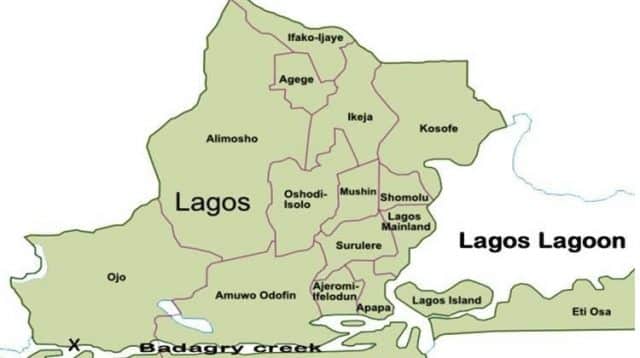Gist
Lagos Residents Decry Lack Of Implementation Of Free Antenatal, Delivery Services

The non-implementation of the state government’s free antenatal and child delivery services at specific General Hospitals and Primary Healthcare Centers in Lagos has drawn criticism from some residents.
Naija News reports that Lagos State Governor Babajide Sanwo-Olu announced interventions to reduce economic hardship during a media chat on February 22.
On health matters, Sanwo-Olu brought back a free child delivery initiative for expectant mothers at all state-owned General Hospitals and specialized maternity centres.
The governor stated that the state government would assume the financial burden of child delivery, including caesarean sections, and would additionally decrease the prices of certain drugs, such as those for hypertension.
However, residents in Lagos provided their perspectives during separate interviews with the News Agency of Nigeria on Sunday, highlighting that despite assertions of free antenatal and child delivery services, they were required to pay for every service rendered at hospitals, signalling unmet promises.
A trader who delivered at Ikorodu Health Centre, Ita-Elewa, Funmilayo Olatunji, said delivery wasn’t free.
“I had a normal delivery at the centre in February 2024. We paid ₦8,000 for child delivery fees, N10,500 for vaginal tear, and a carton of Maltina.
“I’m surprised to hear that the child delivery service was meant to be free at government facilities because the reverse was my experience,” she said.
Michael Adebiyi reported spending over N250,000 on a caesarean section delivery and consumables at Ikorodu General Hospital, Ebute, where his wife gave birth.
“My wife gave birth in February, and we paid for everything needed for the delivery, from blood to caesarean section charges.
“Nothing was free; in fact, I still owe some people because I had to run around to source for the money.
“I was happy when I heard last year that expectant mothers would enjoy free child delivery services at government health facilities as part of relief measures to ease the economic burden on families.
“The government should put mechanism in place to ensure that policies made truly impact on the lives of citizens,” he said.
Also, Stella Nwosu, a hairstylist, opted for a traditional medical centre for antenatal and child delivery due to high service fees.
“Sometimes in September, I went to Amuwo-Odofin General Hospital to register for antenatal service and was told to pay ₦30,000.
“We couldn’t afford it because every childcare item is expensive, and to feed is even a challenge. My mother-in-law took me to a traditional birth attendant, and I delivered my baby there,” she said.
A healthcare worker, speaking anonymously, revealed to NAN that numerous pregnant women incur out-of-pocket expenses for antenatal and delivery services at government-owned facilities, highlighting the need for enhanced planning, compliance monitoring, and management to sustain the program.
She underscored that the country’s economic situation, resulting in heightened costs of products and healthcare services, would exacerbate the challenges faced by couples with unplanned pregnancies.
She urged couples to make informed decisions, emphasizing that childcare entails a lifelong socio-economic commitment beyond access to free antenatal and child delivery services.






